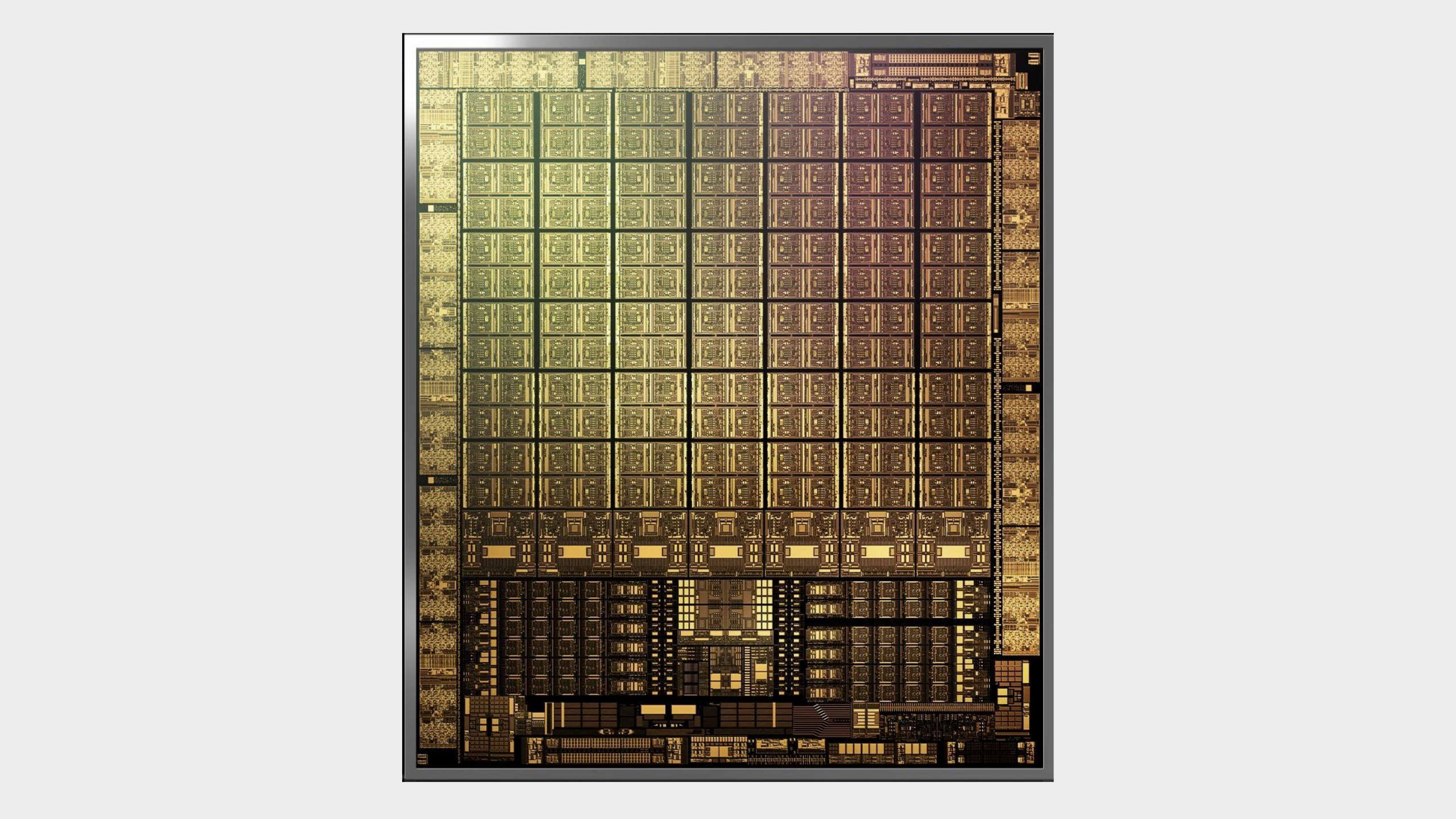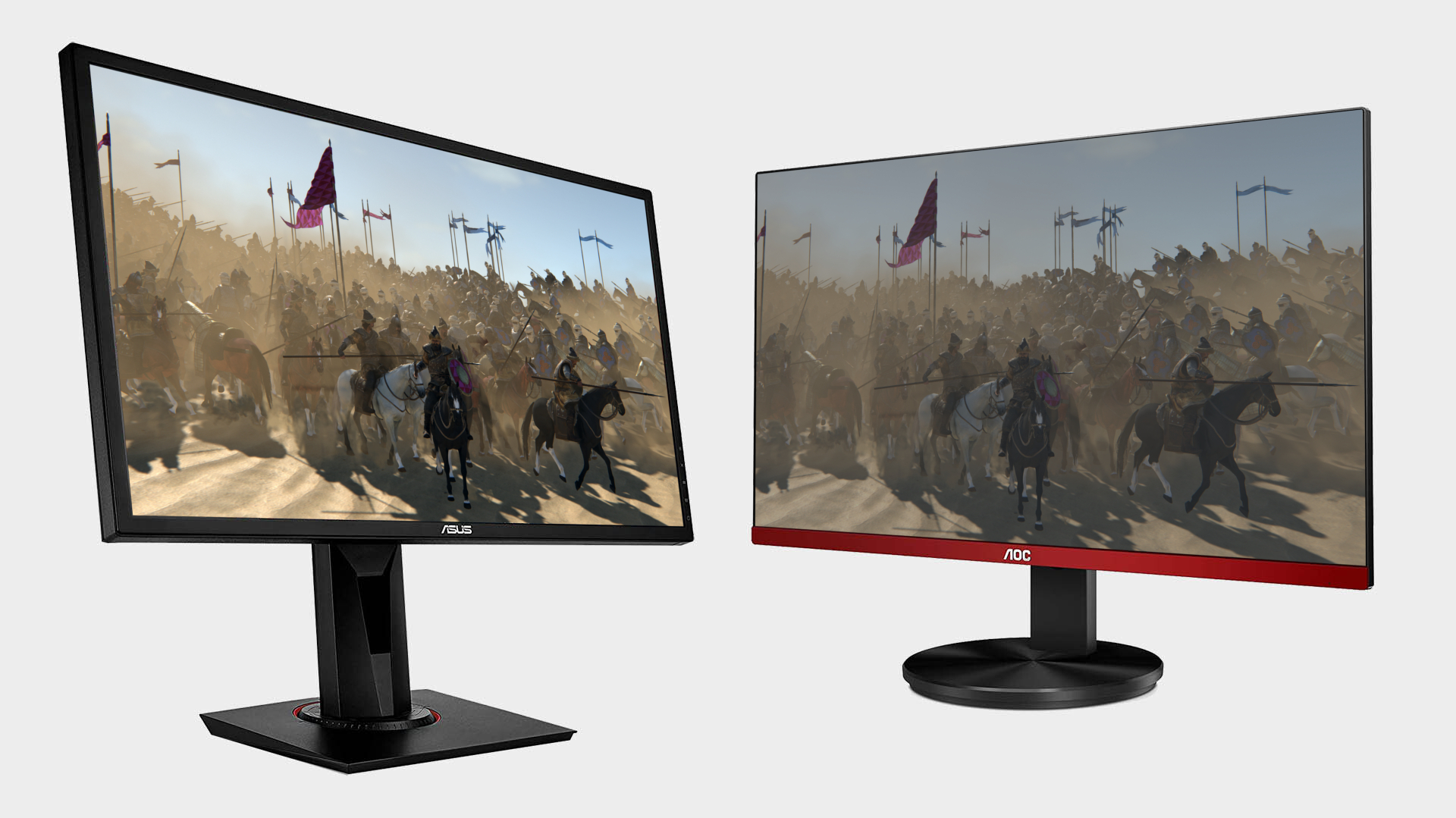Nvidia just signed a multi-million dollar deal to create a whole load more RTX 30-series GPUs
The new Samsung deal, worth hundreds of millions of dollars, potentially puts it in a far stronger manufacturing position than its AMD rivals.

Nvidia's new GPU manufacturing deal could make it a lot easier to buy a new GeForce graphics card in the new year. It has been reported in the Korean news media (via WCCFTech) that Jen-Hsun and Co. has just signed a second contract with Samsung to produce GPUs "worth hundreds of billions of won."
For reference, one hundred billion won is about ninety million dollars, so we're not talking about a drop in the silicon ocean either.
Nvidia initially contracted Samsung to produce its RTX 30-series cards, and has so far unleashed the 8nm-based GPUs in Nvidia RTX 3080, RTX 3090, RTX 3070, and RTX 3060 Ti trim. The question now is: what is this second contract being put in place for? There has been speculation that it might herald Samsung's involvement in a potential Super series of cards, but that feels a bit premature.
It is possible, however, that with more mainstream GPUs, and the tantalising prospect of a 20GB RTX 3080 Ti on the horizon, those could be the chips Nvidia is paying for with this latest contract. You could also argue that it might also now be going public with tasking Samsung to create the GPUs for its upcoming mobile cards, set to launch early 2021.
We are expecting virtual CES to be virtually awash with virtual demonstrations of RTX 30-series gaming laptops after all.
But I would be very surprised if those mobile and mainstream GPUs weren't part of the original deal between Nvidia and Samsung from earlier in the year. I guess it's possible Nvidia was trialling Samsung with the first batch of chips, and there were recent reports suggesting it was considering switching to TSMC for the rest of its lineup. But if Nvidia wasn't sure of using Samsung's 8nm node it would be odd to test its fabs with the most important GPUs in a couple of generations.

Best gaming monitor: pixel-perfect panels for your PC
Best 4K monitor for gaming: when only high-res will do
Best 4K TV for gaming: big-screen 4K PC gaming
Given the fact there aren't enough RTX 30-series cards out in the wild to satisfy the unprecedented demand which currently exists for them, it would make sense for Nvidia to try and bolster that supply. Grabbing a whole lot more manufacturing capacity from its GPU foundry, Samsung, would therefore be a real smart move.
Keep up to date with the most important stories and the best deals, as picked by the PC Gamer team.
However much it has to pay to up the number of GPUs it can get out to customers, it knows there is the appetite out there for pretty much everything it can ship. Whatever Nvidia's paying Samsung it surely knows it can recoup that multiple times over just from the number of people desperate for cards right now.
And this is where Nvidia's pick of foundry partner could pay dividends.
Given the strain on TSMC's 7nm production capacity, with all of AMD's CPUs and GPUs, as well as a host of other customers' products built in its Taiwan fabs, going back to ask for more could be nigh-on impossible. But if Nvidia can simply throw more money at Samsung for more Ampere GPUs it's going to be in a far better position than AMD is with its Big Navi supply.
And will therefore make it more likely that when the time comes for you to want a new graphics card you will have far more choice over an Nvidia GPU than an AMD one.
Still, whatever this latest deal is for, we're not going to see the benefits anytime soon. The trickle-feed of GPUs into retail therefore continues...

Dave has been gaming since the days of Zaxxon and Lady Bug on the Colecovision, and code books for the Commodore Vic 20 (Death Race 2000!). He built his first gaming PC at the tender age of 16, and finally finished bug-fixing the Cyrix-based system around a year later. When he dropped it out of the window. He first started writing for Official PlayStation Magazine and Xbox World many decades ago, then moved onto PC Format full-time, then PC Gamer, TechRadar, and T3 among others. Now he's back, writing about the nightmarish graphics card market, CPUs with more cores than sense, gaming laptops hotter than the sun, and SSDs more capacious than a Cybertruck.

